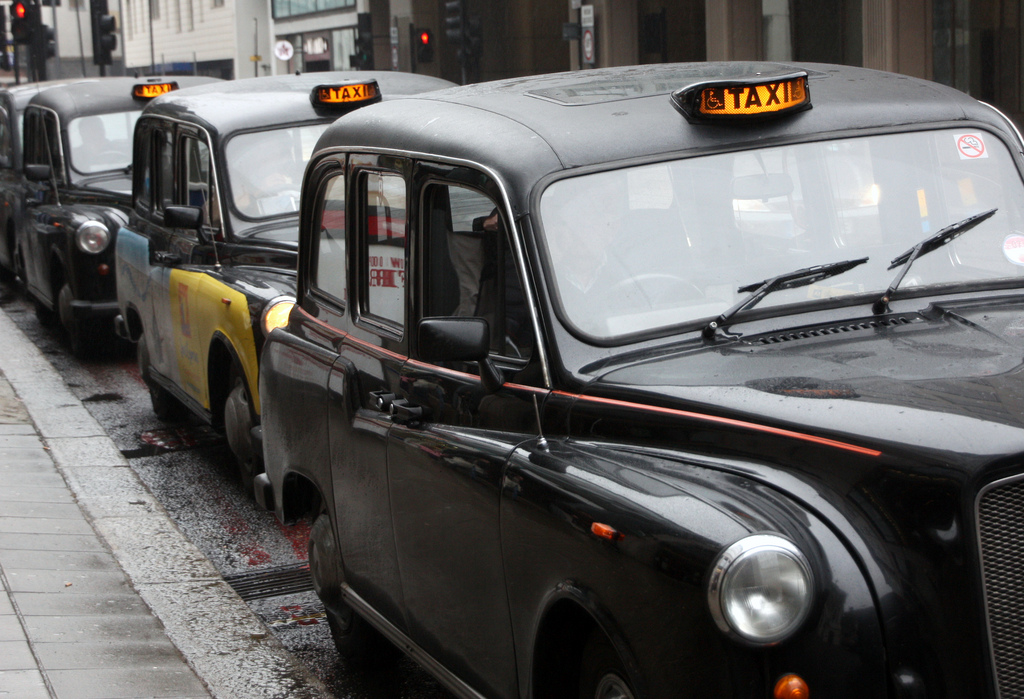The concept of appropriateness varies greatly across different countries, and what may be considered acceptable in one culture could be deemed inappropriate in another. Gestures, for instance, can differ significantly: a thumbs-up is a friendly gesture in many Western countries but can be offensive in parts of the Middle East. Similarly, the use of chopsticks can be seen as normal in Asian countries but may be inappropriate if used incorrectly or left sticking upright in a bowl of rice. Dress code expectations also differ; wearing revealing clothing might be deemed inappropriate in conservative countries, while it’s more widely accepted in liberal societies. Additionally, topics of conversation can vary; discussing personal finances is seen as taboo in some cultures, while it may be openly discussed in others. Understanding and respecting these cultural nuances is crucial when traveling or interacting with people from diverse backgrounds to avoid unintentional offense and promote positive cross-cultural experiences.
These cultural differences regarding appropriateness are fascinating and are very important to know and understand especially if you plan to take a trip to a different country. Below are some rules to memorize to avoid offending the locals.
1.

In Japan, you can expect outstanding service at restaurants and hotels; however, tipping is not a common practice and may even be perceived as disrespectful.
2.

Russians perceive smiling as a personal and affectionate act, demonstrating a true fondness for someone. However, if you are not familiar with them, they may consider you insincere.
3.

In Indian culture, the left hand is traditionally considered unclean. Therefore, it is really recommended to use your right hand when greeting someone, exchanging money, or holding merchandise. Doing otherwise is inappropriate.
4.

Leaving food on your plate in China indicates that your host may not have served enough food or a satisfying meal. In addition to leaving a small amount of food on your plate, it is culturally acceptable to burp after eating, as it is seen as a compliment to the chef.
5. Don’t honk in Norway.

The horn should only be used in emergencies; therefore, your unnecessary beeping might lead drivers to panic.
6. Don’t forget to say hello in France.

To display proper etiquette, “Bonjour madame, monsieur” should be the first words you utter when addressing someone, as failing to do so might subtly convey that you consider the person to be beneath you.
7. Don’t talk with your hands in your pockets in Germany.

Talking with your hands in your pockets is considered impolite in Germany. Also, it is customary to place your hands on the table while eating, rather than keeping them on your lap.
8. Don’t sit in the back seat of a cab in Ireland.

In some countries like Ireland, Australia, New Zealand, and Scotland, this practice contradicts the principles of egalitarianism. Instead, it is considered more polite to “ride shotgun.”
9. Don’t call the United States “America” in South America.

Referring to the United States as “America” in South America can suggest that only the United States is deserving of the title “America.” However, it’s essential to acknowledge that South America is also a part of the Americas and should be recognized as such.
10. Don’t open a gift immediately in India.

In India, it is best to refrain from opening a present on the spot as it is regarded as greedy or impolite. This is also true in certain cases in the United States, there can be some uncertainty around whether to open a random gift from your boss, especially if it’s from a business trip. The etiquette on this matter is not always clear, and different workplaces may have different expectations. But use your best judgement on the office culture at your place.
11. Don’t blow your nose in public in France.

Blowing your nose is generally perceived as repulsive. Instead, it is advisable to politely excuse yourself as if you need to visit the restroom. This is also appreciated not only in the countries like China, Japan, Saudi Arabia, and Turkey but also in various other cultures.
12. Don’t ask, “What do you do?” in the Netherlands.

Doing so can appear classist in this country, especially since it has a broad social-welfare system. Try a different ice-breaker instead.







